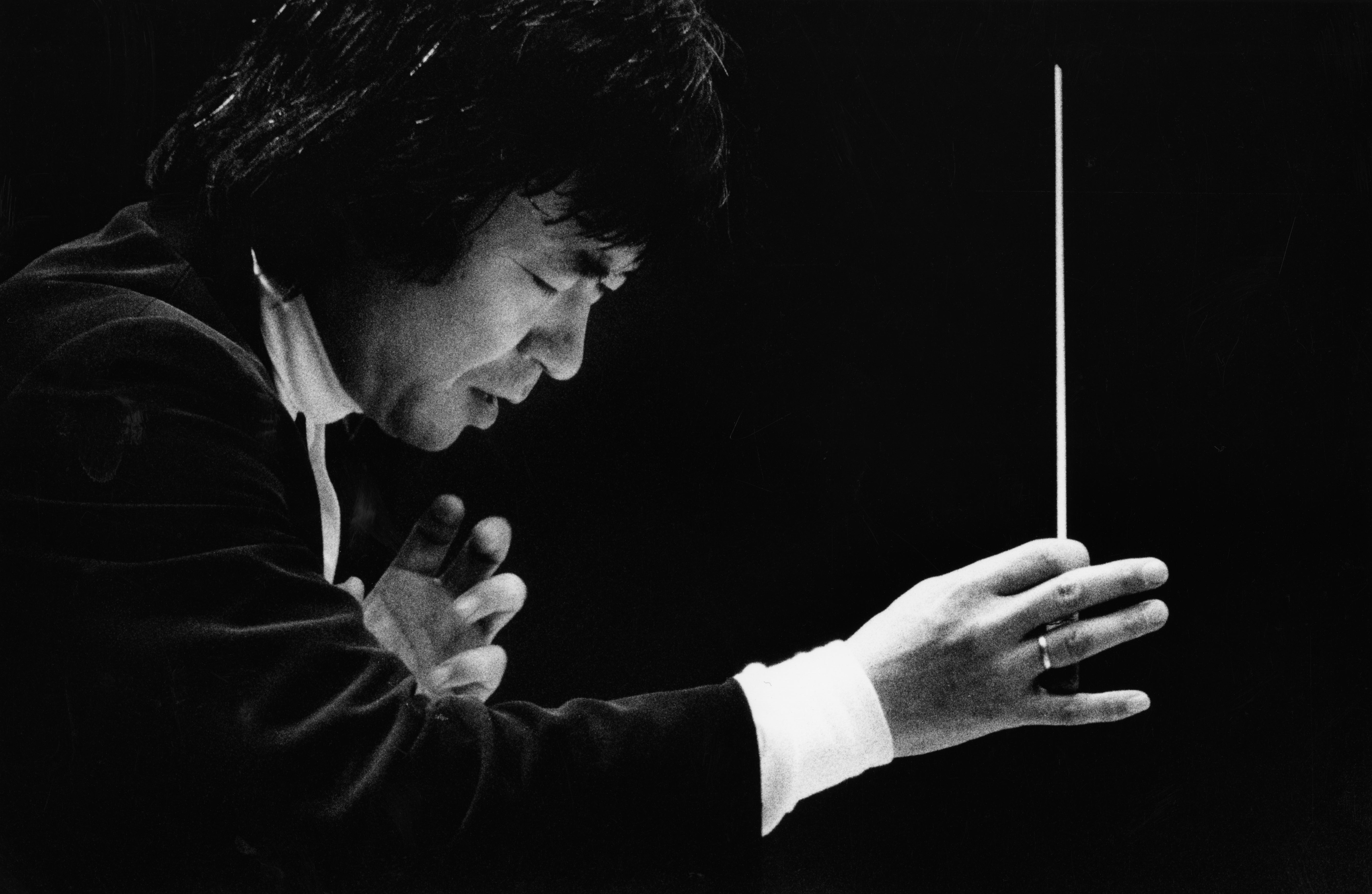Article: Maestro Seiji Ozawa: A Graceful Pioneer

Maestro Seiji Ozawa: A Graceful Pioneer
Earlier this year, Maestro Seiji Ozawa (小澤 征爾) passed away at the age of 88. Born in Shenyang, China, the renowned Japanese conductor needs no reminder of his achievement in the classical world. Nevertheless, we would like to take a moment to pay tribute to his legendary career and to remind the world how, as an Asian conductor, Maestro Ozawa gracefully swept the Western world with his uncompromising love of music, prodigious memory and fascinating techniques.


Ozawa Seiji with Herbert von Karajan, music director of the Berlin Philharmonic Orchestra, in 1982. ( © Fujifotos/Aflo)
The 1970s was when Ozawa became known to the world. He became the music director of the Boston Symphony Orchestra in 1973 and remained in that position for 29 years, the longest tenure of any music director there. He continued to strive to use his influence to unite the East and the West through music. In March 1979, Ozawa brought the Boston Symphony Orchestra to perform in Beijing and was received by a wildly enthusiastic audience headed by Deng Xiaoping, the senior Deputy Prime Minister. This was the first time since the Cultural Revolution that a symphony was performed live in China due to a ban on Western music. The program featured not only music from the West, such as Gershwin's “An American in Paris” and the Berlioz Symphonie “Fantastique” as well as “Rakoczy March”, but also Wu Cui‐Jiang's “Little Sisters of the Grass Plain” and a famous Chinese traditional piece known as “The White‐Haired Girl”. Besides orchestra performances, he also facilitated significant cultural and musical exchanges through discussions and teaching sessions with Chinese musicians.

This 1979 picture shows then Chinese leader Deng Xiaoping with Seiji Ozawa's mother, Sakura (left),Seiji Ozawa and Soong Ching ling (right)at the end of the concert in Beijing. © Story Llitch / For China Daily
In memory of his teacher Hideo Saito, Ozawa founded the Saito Kinen Orchestra along with Kazuyoshi Akiyama in 1984. The orchestra gained a prominent reputation globally and established the Seiji Ozawa Matsumoto Festival in 1992. Since its creation, it has provided a great platform for Japanese musicians to express themselves to international audiences.

Seiji Ozawa conducting the Saito Kinen Orchestra at JapanNYC, a festival at Carnegie Hall on Wednesday. Ruby Washington/The New York Times
Certainly, the world will always remember Seiji Ozawa for his warmth, generosity and sense of humour. However, we must not forget his incredible effort in bridging the East and the West through music. Personally, this is what truly distinguishes maestro Ozawa from other great conductors of his era, an era shaped by the ceaseless conflict between the East and the West. Under his magical wand elapse the movements of solemn notes that constantly remind us that beneath that Beatles' haircut, was indeed one of the greatest musical minds.
Our Favourite Recording:
1. Gustav Mahler Symphonie No.1 (with Blumine)
Seiji Ozawa/Boston Symphony Orchestra
June 1, 2010 by Deutsche Grammophon (DG)

